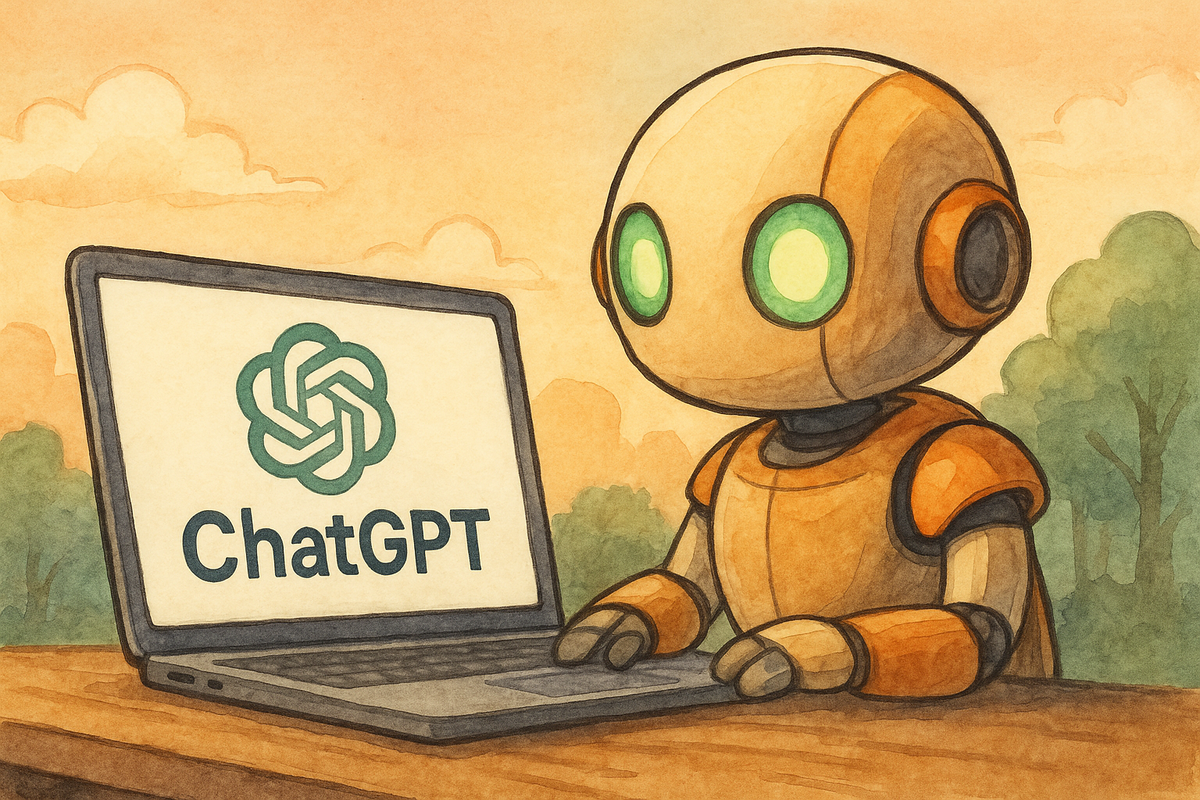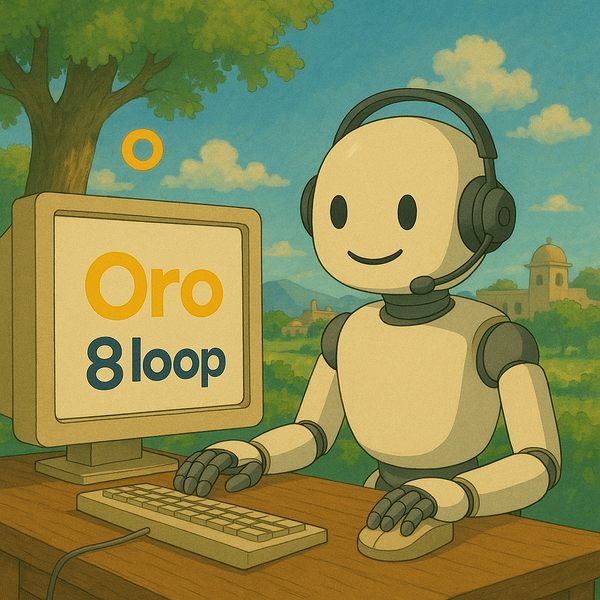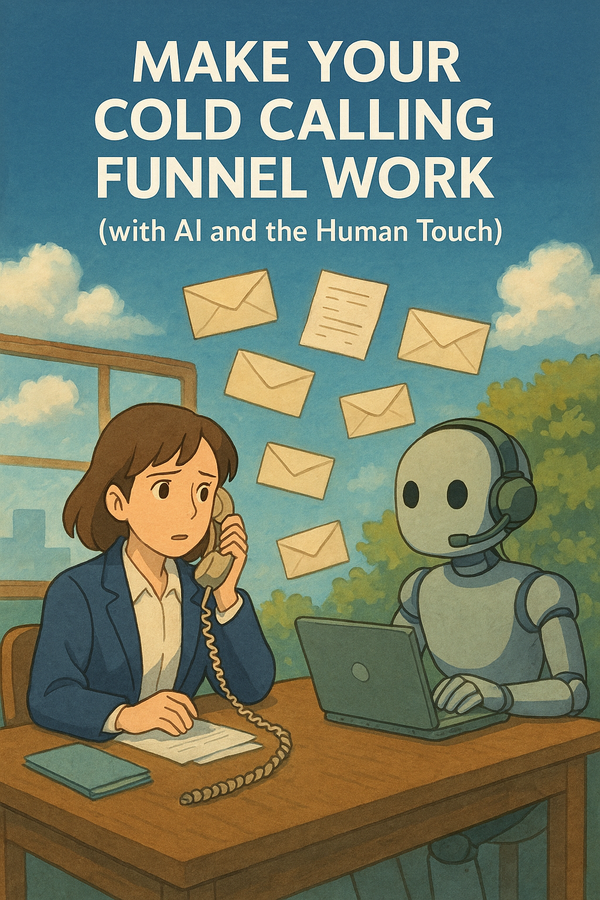Can ChatGPT Replace the Browser?

For decades, the browser has been our main gateway to the internet. Chrome, Safari, Edge, and Firefox are where we type, click, scroll, and search. But with AI tools like ChatGPT becoming more powerful, an interesting question arises:
Could ChatGPT replace the browser?
Let’s break it down.
The ChatGPT Equivalent
Now imagine you didn’t need to “see” the web, but instead talked to it. That’s what ChatGPT brings.
Here’s the side-by-side view:
A browser is like your window to the internet.
- It shows you web pages (text, pictures, videos).
- It lets you move around with tabs, bookmarks, and history.
- You can click buttons, fill out forms, or watch YouTube.
- It keeps you safe with things like “https://” and private mode.
- It can store your logins, download files, and run extensions like ad-blockers.
- And it works the same on your phone, laptop, or tablet.
What ChatGPT Does
- Gives answers directly instead of showing full web pages.
- Understands plain language, you just ask, no need to click or type long searches.
- Keeps track of your chats like tabs or history.
- Can fill forms or complete tasks for you (with plugins or connected tools).
- Remembers your preferences instead of cookies/logins.
- Uses plugins and custom GPTs like browser extensions.
- Reads and explains files you upload instead of just downloading them.
The Big Difference
- A browser shows you the internet as-is.
- ChatGPT interprets it for you, curates it, and can even act on it.
Instead of opening a dozen tabs, you might soon just say:
“Book me the cheapest non-stop flight from Chennai to Dubai next Friday.”
And the AI handles all the messy clicking, forms, and confirmations behind the scenes.
What’s Missing Today
For ChatGPT (or any AI assistant) to truly replace a browser, a few gaps remain:
- Full rendering of complex sites and apps like Gmail, YouTube, or Figma.
- Persistent state like logins, cookies, and saved sessions.
- Security layers equal to browser sandboxes.
- Rich interactivity for games, video calls, or design tools.
Until then, ChatGPT will coexist with browsers. But the more AI absorbs browser-like features, the less you’ll notice you’re “browsing” at all.
The Future: Disappearing Browsers
In the near future, the browser may not go away, but it might fade into the background. You won’t think “I’m opening Chrome.” You’ll just ask your AI for something, and it will fetch, filter, and act for you.
The internet will still be there. The browser will still exist under the hood. But your main gateway won’t be a URL bar; it will be a conversation.
In the browser era, every business rushed to make a website, because that’s how users discovered and interacted with them. In the ChatGPT/AI era, businesses will need to decide: what’s the “website” equivalent here?
Next we will talk more about impact on Customer experience, Stay tuned!





